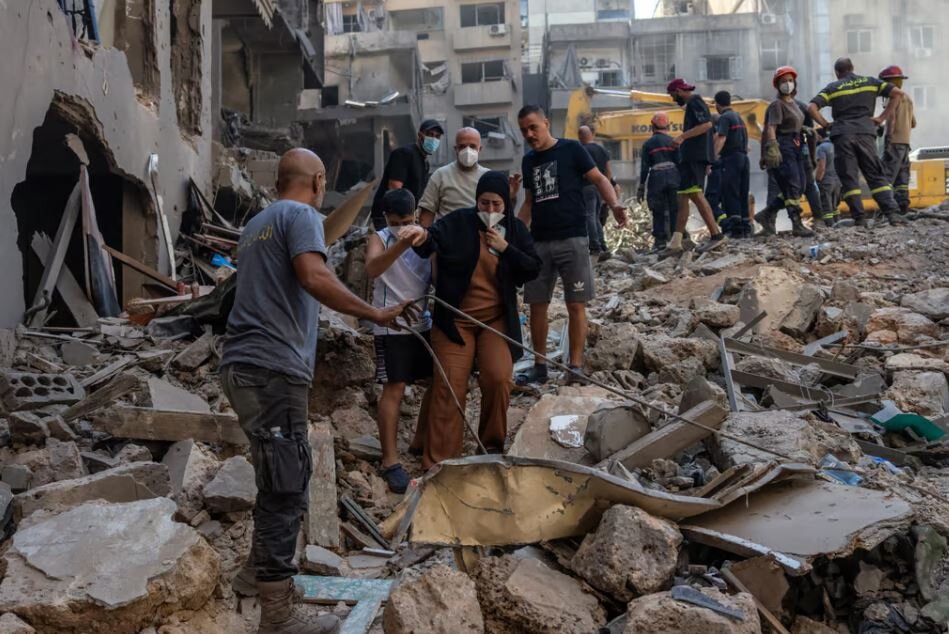Tehran, Beirut discuss efforts to overcome obstacles to humanitarian aid delivery

TEHRAN – Mohammadreza Sheibani, the special aide to Iran's foreign minister for West Asia affairs, held discussions with Lebanese Health Minister Firass Abiad on Tuesday regarding the ongoing challenges in delivering humanitarian aid to Lebanon.
The conversation, which took place via phone, centered on addressing the difficulties caused by the Zionist regime's interference in the aid process and finding solutions to ensure the delivery of much-needed assistance.
During the call, Sheibani and Abiad reviewed the current humanitarian situation of Lebanese refugees, highlighting the critical need for uninterrupted aid, especially in the context of the ongoing conflict.
Sheibani emphasized Iran’s commitment to supporting the Lebanese people, particularly those displaced and affected by the war. He noted that the Iranian government is paying close attention to the crisis and is determined to provide relief despite the obstacles created by Israel.
The conversation also touched on the specific barriers that have hindered Iran’s efforts to send humanitarian aid to Lebanon. The Zionist regime has created significant logistical and political challenges, complicating the transfer of vital supplies to Lebanon's most vulnerable populations. Both sides discussed potential strategies to navigate these difficulties and ensure aid reaches those in need.
Lebanese Health Minister Firas Abiad expressed deep appreciation for Iran’s continued support during Lebanon’s most challenging times. He thanked Iran for hosting wounded Lebanese individuals and refugees, as well as for the humanitarian aid already provided. Abiad acknowledged the longstanding relationship between the two nations and praised Iran’s unwavering assistance to the Lebanese government and people throughout various crises.
The discussion between the two officials underscored the importance of international cooperation in overcoming the humanitarian challenges facing Lebanon, with both countries reaffirming their commitment to providing relief in the face of adversity.
According to Lebanon's health ministry, Israeli strikes have killed at least 2,309 people and injured more than 10,782 others in Lebanon since the tensions escalated.
Since September, Israel has increased its strikes on Hezbollah positions, resulting in the death of Hezbollah leader Sayyed Hassan Nasrallah and several other senior officials.
